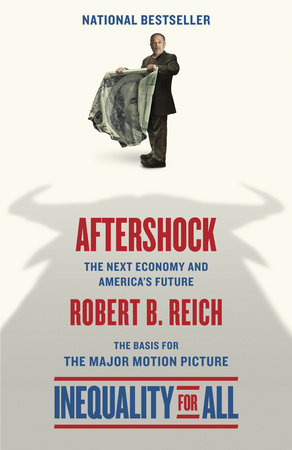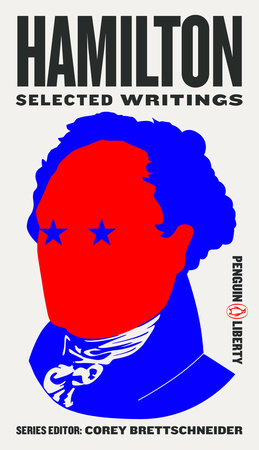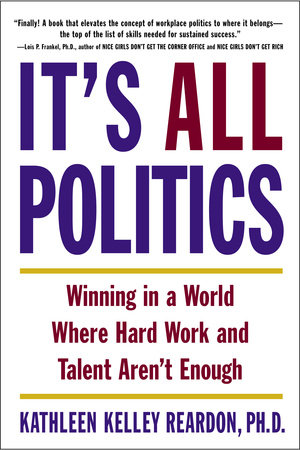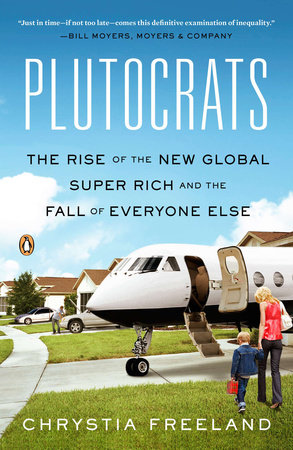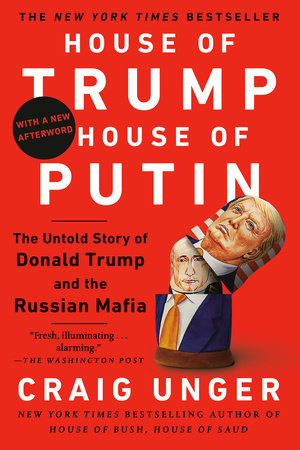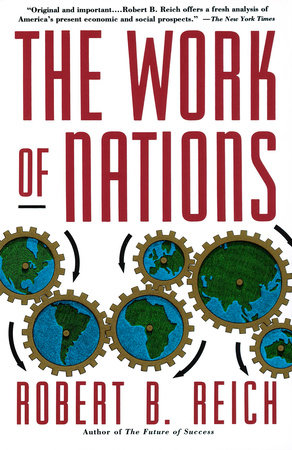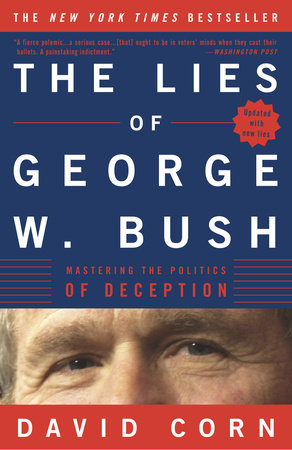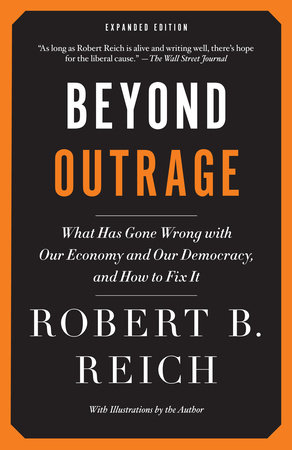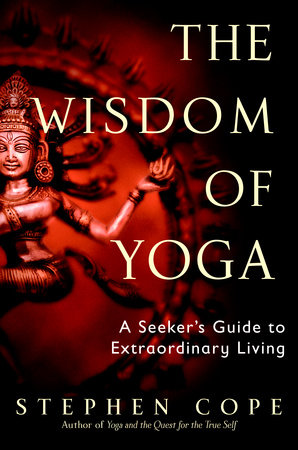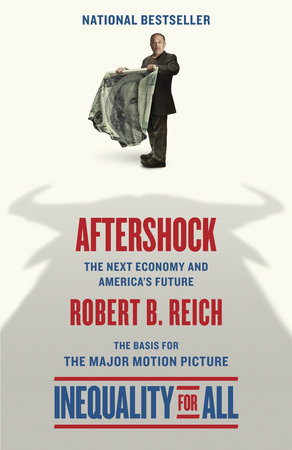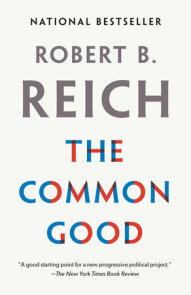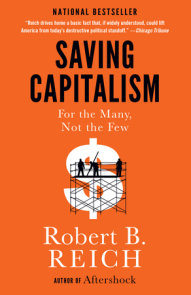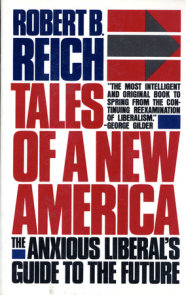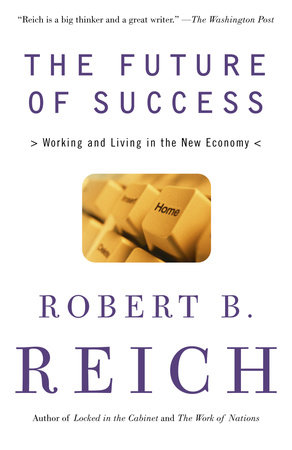Author Q&A
Q: What’s the “AFTERSHOCK” in your title?
A: The absence of a real recovery from the Great Recession. There’s even a likelihood of a return to recession – the so-called “double dip.” Typically after a recession the economy picks up again, and jobs and wages come back. Not this time, because this wasn’t a typical recession. It was the culmination of years of widening inequality in which most of the gains of economic growth went to the top. The middle class didn’t have the purchasing power to buy what was produced – other than by going ever deeper into debt. Eventually that debt bubble burst. And now we’re left with the aftershock.
Q: Does that mean the economy will never recover?
A: We may eventually have a recovery on paper. Share prices may move upward as big corporations make profits by shifting production and sales abroad. And by continuing to trim their payrolls – substituting software and merging with other companies.
But the real economy will remain in the doldrums. Unemployment will stay high for years. And the wages of most people with jobs will continue to stagnate or decline.
Q: That’s a bleak picture.
A: It doesn’t have to be that way. In fact, my purpose in writing the book is to show we have a choice. We can either resign ourselves to a continuing jobs recession, and the increasingly bitter and politics that accompanies it. Or we can choose genuine reforms that expand the circle of prosperity.
Q: You mean redistributing income from the wealthy to everyone else?
A: No. That’s a zero-sum game. I’m talking about remaking a basic bargain that once lay at the heart of this economy – paying workers enough to buy what they produce. Remember Henry Ford? Almost a century ago he paid workers on his Model-T assembly line a wage so high by the standard of the day that he was accused of being a socialist, and the Wall Street Journal termed his action “an economic crime.” But the higher wage allowed those workers to buy those Model Ts, and made Ford rich.
It’s the same for the economy as a whole. Rich Americans are now raking in and owning a larger percentage of the total economy than at any time since 1928. But that doesn’t do them much good if the economy isn’t growing. Just like Henry Ford, they’d do far better if they had a smaller percentage of a fast-growing economy. And everyone else would be better off, too.
Q: Don’t the rich buy lots of things?
A: Yes, but they spend a much smaller portion of their incomes than the rest of us. After all, being rich means you already have most of what you want. They save, and their savings go all around the world in pursuit of the highest returns. They also speculate, but that doesn’t create jobs. It just creates bubbles. Put simply, the rich on their own can’t possibly keep America employed.
Q: You mention 1928. The Great Crash the ushered in the Great Depression occurred in 1929. You think there’s a connection between what happened then and the Great Recession and its aftershock?
A: Yes. The parallels are stunning. In the book I introduce a man named Marriner Eccles, one of the richest Americans in the 1920s, who went on to become chairman of the Federal Reserve Board from 1934 to 1948. Most people don’t remember him now, but the Fed building in Washington is named after him. Eccles determined that the major cause of Great Depression was widening inequality. So much of the nation’s income was accumulating at the top that the vast middle class didn’t have enough money to buy what the economy was capable of producing – without going into ever deeper debt. Meanwhile, the rich had so much money they speculated in a narrow range of assets – mostly stocks and real estate – hoping other wealthy people would bid up the prices. When these two bubbles – the debt bubble and the asset bubble – burst, we had the Great Depression. Sound familiar?
Q: Yes, but we didn’t have a Great Depression this time. The Great Recession and its aftershock are bad, but not nearly as bad.
A: That’s because we learned one lesson from the Great Depression. When the bottom falls out of the economy – when consumers can’t spend and businesses won’t – government has to flood the economy with money in order to keep it afloat. That’s what the Fed did this time around, as well as Congress and the President with the stimulus package. So we avoided another Great Depression.
Q: But, as you say, the aftershock continues. There’s no real recovery.
A: That’s because we didn’t learn the second lesson of the Great Depression. The only way to get a genuine recovery is to restructure the economy so the vast middle class gets a fair share of its gains. That was the heart of the New Deal – labor unions that gave average workers more bargaining power, the 40-hour workweek with time and a half for overtime, Social Security and a minimum wage. There were also huge investments in the nation’s infrastructure, making average people far more productive.
Q: But you’re not suggesting a return to the New Deal, are you?
A: No. You might say I update the New Deal for the 21st century. I don’t pretend I have all the answers but the proposals I suggest in the book are important steps in the right direction. For example, wage subsidies extending up through the middle class, financed by proceeds from a carbon tax as well as modestly higher marginal taxes on top incomes. School vouchers whose values are inversely related to family incomes. A reemployment system with wage insurance to replace our unemployment system. College costs paid by tithing the first ten years of full-time income. Getting money out of politics by putting all donations into blind trusts so candidates can never know who contributed what.
Q: Why did the very rich end up with so much of the economy in the decades leading up the Great Recession, as well as the decades leading up to the Great Depression? Did the rich do something wrong?
A: No, at least not directly. Both periods were marked by major technological changes. Over the last thirty years, computers, software, and the Internet have transformed everything. Any routine job that can be done by software or done “over there” – in another nation linked by the Internet and satellite – is disappearing. Most rewards have gone to the top – to well-educated and well-connected – to CEOs, Wall Street executives and traders, hedge-fund managers, and computer and Internet entrepreneurs – all of whom know how to use these technologies to squeeze out ever more value.
The early decades of the twentieth century were marked by a different kind of technological revolution: Machines and factories capable of extraordinarily large-scale production. Then, too, most of the rewards went to the top – to the major owners of industry, and the Wall Street magnates who financed them.
Q: Okay, so if the culprit this time involves technology displacing workers directly or making it easy for employers to outsource abroad, why isn’t the answer just to raise tariffs and cut off free trade?
A: We tried that in the 1930s. It was called the Smoot-Hawley Tariff, and it made the Depression even worse. You see, the upside of trade is it gives us access to cheaper goods and services around the world. It allows developing nations to advance, and eventually buy our products. The problem isn’t trade. It’s that the benefits of trade have gone mostly to the well-educated and well-connected, while the burdens of technology and globalization have been borne disproportionately by the middle class and old working class.
Q: You say part of the aftershock shows up in our politics, that grows angrier and more surly and partisan. What’s the connection?
A: Economics and politics are intimately related. When people feel economically insecure and fearful, they naturally want to blame someone or some group – and often the people blamed have little or nothing to do with the problem, but are easy scapegoats. You might say times of severe economic stress bring out the worst in societies. I think that’s why we’re seeing a surge in “Islamaphobia” – more than we had after 9/11 – and a sharp reaction against undocumented immigrants – even though evidence shows fewer crossing our borders now than when the economy was strong. It’s also why we’re seeing such loathing toward all the major institutions in our society – government, big business, and Wall Street.
Q: You predict that if more of the American public come to believe the economic game is rigged against them, we’ll see even more politics of resentment.
A: Yes. That’s why TARP – the government bailout of Wall Street – was so detested on Main Street. In fact, the Wall Street bailout inspired the Tea Party movement on the right, and fueled anger on the left. In times like these, the basic political question boils down to: Whom do you trust less – big government, or big business and Wall Street?
As economic gains become concentrated at the top, more money at the top is also applied to politics. I don’t recall a time when so much money engulfed Washington – lobbyists, lawyers, PR professionals, campaign consultants – most of it coming from executives of major corporations and from Wall Street. This also feeds the cynicism of average people, who believe (with some reason) that laws and rules are designed in such way as to generate even more income and wealth for those at the top.
The Obama administration came to the conclusion it couldn’t get healthcare reform without essentially paying off Big Pharma – a huge giveaway that will end up costing the public more for the drugs they buy in future years. Health insurance companies paid so much money to legislators that it was impossible even to give the public a choice of whether to buy into a public insurance option.
Q: So where does this political anger go if nothing is done to give most Americans more economic security and a fairer share of the gains from economic growth?
A: A decade from now the major divide in American politics will no longer be between Republicans and Democrats. It will be between angry populists on the right and the left, and an “establishment” increasingly desperate to hold on to its power and privilege.
Q: So this is the impetus toward the reforms you propose – a new New Deal for the 21st century, as you put it?
A: Hopefully, reform occurs before then, because angry populism hasn’t proven to be a very rational or reliable source of positive change. American politics has always featured a tension between populism and progressive reform, but reformers have usually won. That’s because those who have the power and the money come to realize populism is just too dangerous and unpredictable.
In other words, those with the power and money in America have two reasons to embrace reforms that widen the circle of prosperity – one economic and one political. The economic reason is they’ll do better with a smaller percent of a growing pie than a larger percent of a static one. The political is they’ll have much to lose if angry populism gets out of hand.
Q: Are you optimistic?
A: Yes. This nation is extraordinarily resilient. Time and again, we’ve moved from periods of concentrated wealth and power to periods of reform. When we understand what has to be done, we roll up our sleeves and get it done. The question is how long it will take before we understand. I hope my book hastens the time.
Q: Meanwhile, what advice would you give individuals in this aftershock economy?
· don’t blame yourself for loss of job or income, it’s the economy.
· “downshift” your lifestyle, everyone else has to.
· be willing to move to where the jobs are, even if that means walking away from a house that’s “underwater” (mortgage debt more than selling price).
· although it may hurt, be more generous — to friends, family members, neighbors; they’re hurting, too.
· develop neighborhood and city-wide cooperatives, in which everyone pitches in with their time (lots of underemployed have lots of it now) and splits the profits and benefits – childcare, eldercare, growing or transporting or preparing food, transportation.
